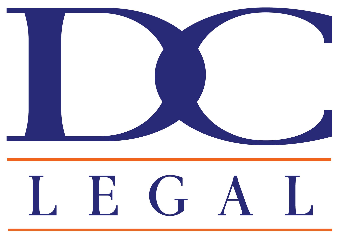Fortis Group University: IRA Investments
There are three types of retirement accounts (Traditional IRAs, Roth IRAs, SEP IRAs) with different contribution, tax and distribution characteristics. We will discuss each of these three and show their differences and the pros/cons of each.
Traditional IRAs:
Contributions: A traditional IRA allows a maximum of tax deductible annual contributions of the lessor of $5000/individual or $10,000/couple or 100% of earned income for the taxable year (2012), and contributions are tax deductible.
Taxes: Income and capital gains are tax deferred until withdrawal.
Eligibility: Anyone under 70.5 who received eligible compensation (wages, tips, salary, commissions, self employment income – not capital gains, interest/ dividend, pension, child support or other passive income.
**Catch up contributions are allowed if max contributions not reached in a given year.
Roth IRAs:
The Roth was created in 1997 pursuant to the ‘Taxpayer Relief Act’. Contributions limited to the ‘lessor’ of $5,000 or earned income. This is similar to the Traditional IRA, however, working spouses can contribute to non-working spouses, and contributions can be made past 70.5 yrs.
Exceptions: Taxpayers with incomes exceeding $110,000 (single) and $173,000 (married) will either have reduced capacity or no capacity at all (depending on income) to invest in a Roth IRA.
Contributions: Unlike the traditional IRA, contributions are not tax deductible.
Withdraw: Earnings on the Roth IRA are tax free five years following the initial deposit provided:
- Account holder is 59.5 or older;
- Money is used for first time purchase of principal residence;
- Account holder has died or become disabled;
- Money is used for ‘higher education’; or
- Money is used for certain medical expenses.
SEP IRAs:
Simplified employee pension plans (SEPs) offer self-employed and small businesses easy to administer pension plans.
A SEP is a qualified plan that allows an employer to contribute money directly to an IRA set up for each employee.
Eligibility: An employee must be 21 yrs old, have performed services for three of the past five years, and have at least $550 in compensation in the current year. (SEP rules require that all eligible employees participate).
Funding: An Employer may contribute up to 25% of employee salary each year (up to $50,000). The employer will determine the level of contribution and it must be consistent for each employee.
Vesting: SEP IRAs are fully vested immediately.
Taxation: Contributions are tax deductible to the employer. Earnings to the employee accumulate tax free and are not taxable until withdrawal.
IRA Investments:
Funds in an IRA may be used to buy stocks, bonds, mutual funds, UITS, Limited Partnerships, REITS, US Government Securities, gold and silver. Items that cannot be invested in include antiques, rare coins, life insurance and short selling.
**Real Estate: You may invest in real estate with IRA funds, but due to the extra care that must be taken, it is rarely done as there can be no intermingling of funds, nor any personal use of the real estate.







